27 Common Ways You Are Being Rude To Others (Stop That Please)
27 Common Ways You Are Being Rude To Others (Stop That Please)

Sometimes, without even realizing it, we can come off as rude to others. It might be because of the way we were raised or just differences in what each generation considers polite. Other times, we’re simply not paying attention to how our actions or words affect those around us.
It’s easy to fall into these habits, especially in our fast-paced world where everyone is always on the go. But being aware of the little things that might bother or upset others is important.
Being mindful and making small changes in how we interact can make a big difference in how we’re seen and can improve our relationships with friends, family, and even strangers. So, here are 27 ways you might be accidentally coming across as rude, and how being a bit more conscious of these actions can help us be kinder to each other.
1. Ending Texts With Periods
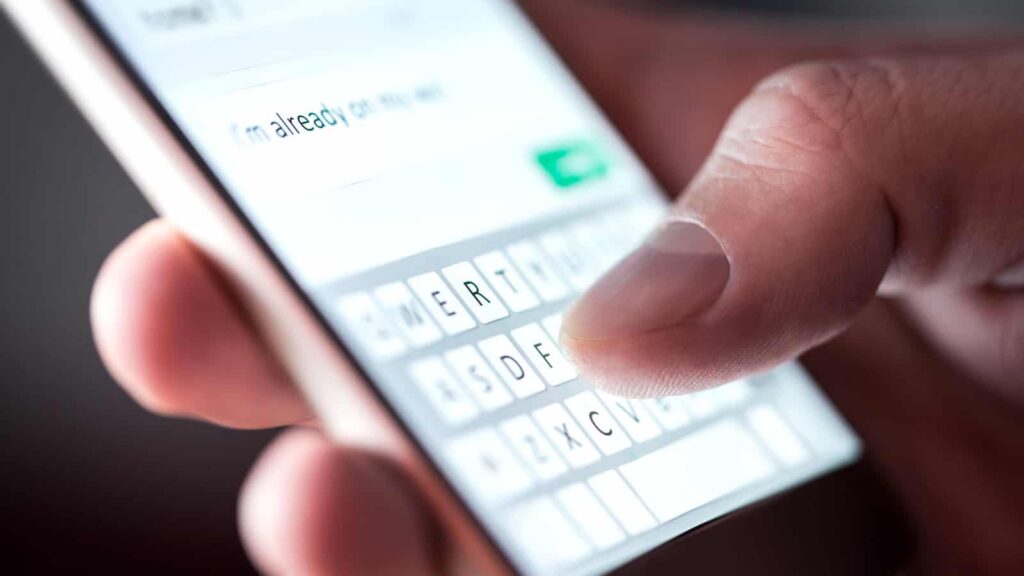
Believe it or not, ending your texts with periods can come off as cold or abrupt to some people. It’s a digital age quirk where a simple punctuation mark can change the tone of your message, making it seem like you’re not interested in continuing the conversation. It’s weird how one little dot can make such a big difference, right?
2. Not Tipping Enough

Tipping is more than just a courtesy; it’s how many service workers make a significant portion of their income. Not tipping enough can unintentionally send a message that you don’t value their service or effort. It’s always good to be generous, or at least fair, to show appreciation for the hard work put into making your experience enjoyable.
3. Telling People You’re “On Your Way”

Saying you’re “on your way” when you haven’t even left can be frustrating for the person waiting. It sets false expectations and can disrupt their schedule. It’s a small lie that might seem harmless, but it can come off as disrespectful of their time. Better to be honest about your ETA!
4. Not Making Eye Contact During A Toast

Toasts are all about connection and celebration. Avoiding eye contact during a toast can seem like you’re not fully engaged or sincere in the moment. It’s a simple gesture, but looking someone in the eye as you clink glasses can make the moment feel more special and genuine.
5. Crossing Arms During a Toast

Crossing your arms during a toast, similar to avoiding eye contact, can appear standoffish or disinterested. It’s a body language cue that might say you’re not open to the celebration or the people you’re with. Keeping an open posture invites more warmth into these shared moments.
6. Thinking About Your Answer While Someone Is Speaking

It’s natural to want to respond quickly in a conversation, but if you’re crafting your reply while someone else is speaking, you might miss important details. It can also make the other person feel undervalued if they sense you’re not fully listening. Giving someone your full attention shows respect and interest in what they have to say.
7. Interrupting Others While They’re Speaking
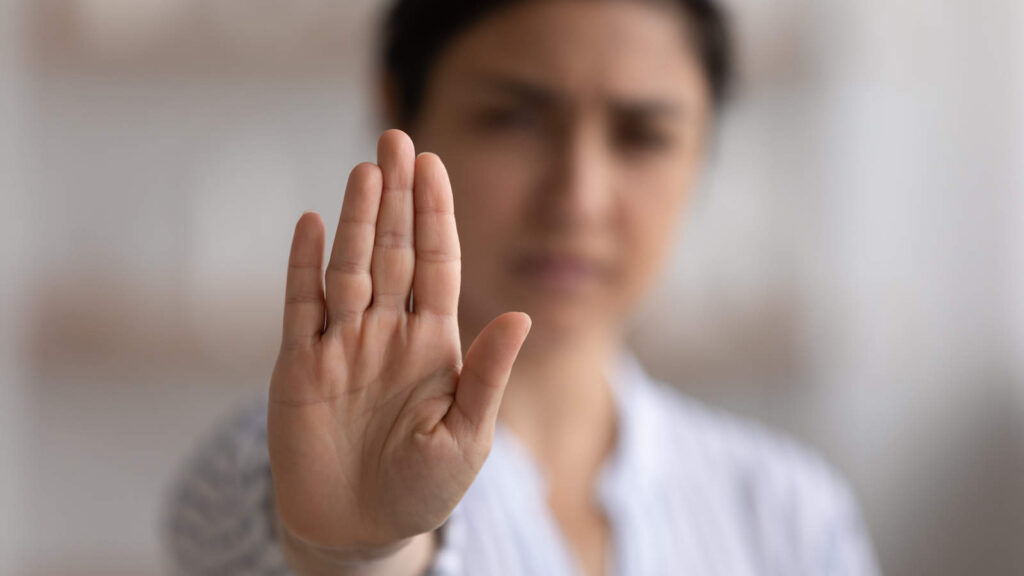
Interrupting someone mid-sentence can make it seem like you think what you have to say is more important. It’s a common habit but comes across as rude and dismissive. Waiting for a natural pause shows respect for the speaker’s thoughts and contributes to a more meaningful conversation.
8. Finishing Someone Else’s Sentences

Jumping in to finish someone’s sentences might seem like you’re on the same wavelength, but it can also signal impatience. It might frustrate the person speaking if they feel you’re rushing them or assuming you know what they’re about to say. Giving them space to express themselves fully fosters better communication.
9. Standing With Crossed Arms

Crossed arms can signal defensiveness or a lack of openness, even when you don’t mean to. It’s a body language habit that might make you seem unapproachable or not interested in interacting. Keeping a more open stance can help make social situations feel more inviting and friendly.
10. Showing Up Empty-Handed

Arriving at a dinner party or event without a small gift or offering can come off as thoughtless. It’s a gesture of gratitude towards your host for their effort and hospitality. Bringing something, even if it’s just a bottle of wine or some flowers, shows appreciation and respect for the invitation.
11. Checking Your Phone During Conversations or Meals

Glancing at your phone while someone’s talking to you or during a meal might seem harmless, but it sends a message that you’re not fully present or interested. It can make the other person feel undervalued, as if a digital notification holds more importance than the moment you’re sharing together.
12. Answering Messages With Only Thumbs Up

Replying to messages with just a thumbs up emoji can come across as dismissive or lacking effort, especially if the original message was more substantial. It might seem like you’re brushing off the conversation, leaving the sender feeling underappreciated or ignored.
13. Toasting With Water or an Empty Glass

Superstition or etiquette in many cultures suggests that toasting with water or an empty glass is bad luck or disrespectful. It’s seen as a sign that you’re not fully participating in the celebration or moment, making it an unintentional faux pas.
14. Not Responding to Messages or Emails in a Timely Manner
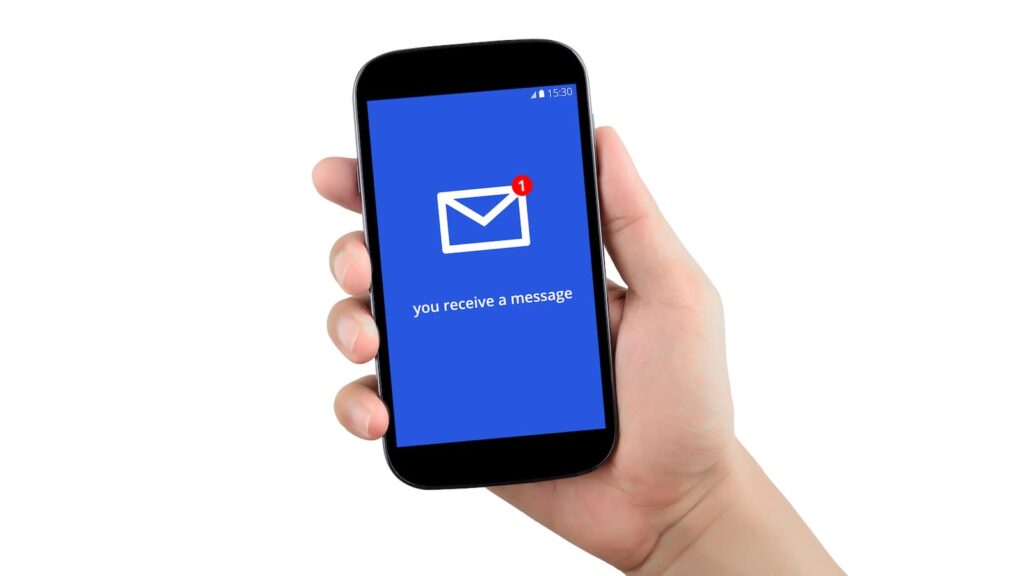
Delaying your response to messages or emails can make it seem like you don’t value the sender’s time or the information they’re waiting on. It’s easy to overlook or forget, but timely replies are a sign of respect and professionalism.
15. Forgetting to Introduce People in a Group Setting

When you neglect to introduce people in a social setting, it can make them feel awkward or excluded, as if they’re not important enough to be acknowledged. It’s a small act that can set the tone for their experience, making introductions a simple yet significant gesture.
16. Talking Too Loudly in Public Spaces

Speaking loudly in public places can be intrusive to others around you, making it seem like you’re unaware or unconcerned about invading their space. It’s important to be mindful of your volume, ensuring you’re not unintentionally dominating the shared environment.
17. Not Making Eye Contact During Conversations
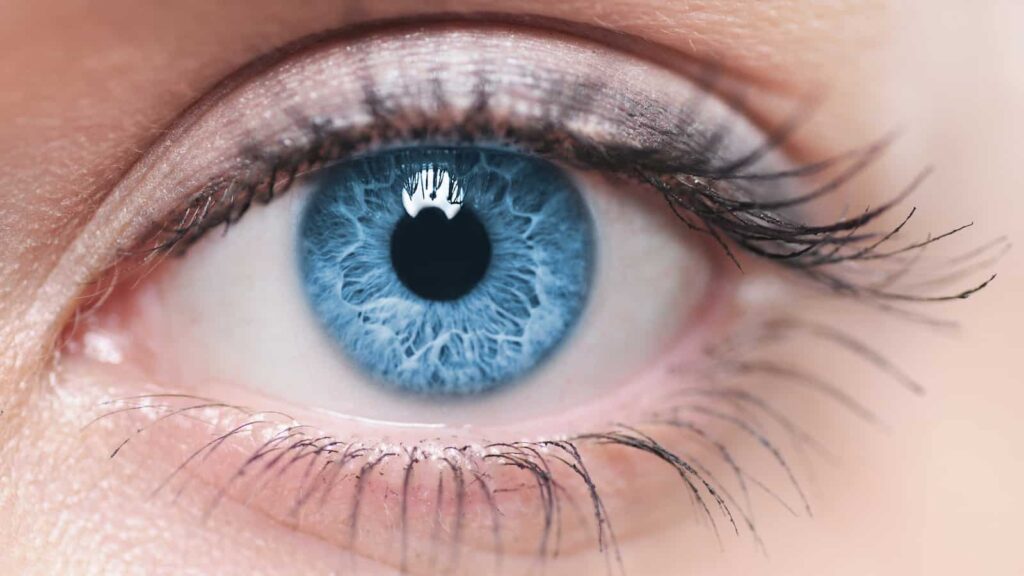
Avoiding eye contact during conversations might make you seem disinterested or insincere. Eye contact is a powerful way to show you’re engaged and value the interaction, reinforcing the connection between speaker and listener.
18. Using Speakerphone in Public Places
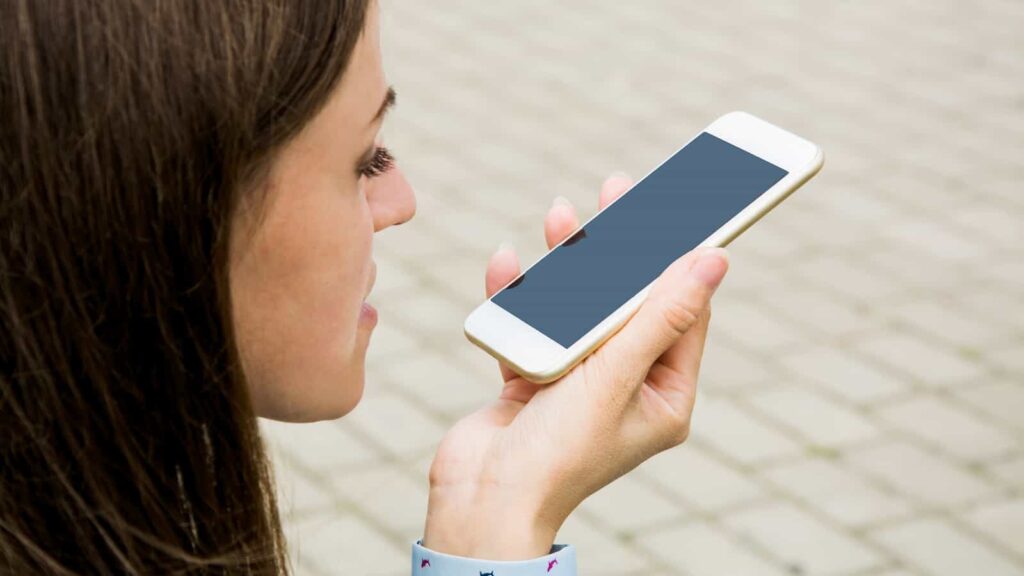
Using your phone’s speaker function in public forces others to listen to your conversation, which can be annoying or invasive. It’s a common oversight that disregards the personal space and peace of others, emphasizing the need for discretion.
19. Not Holding the Door for the Person Behind You
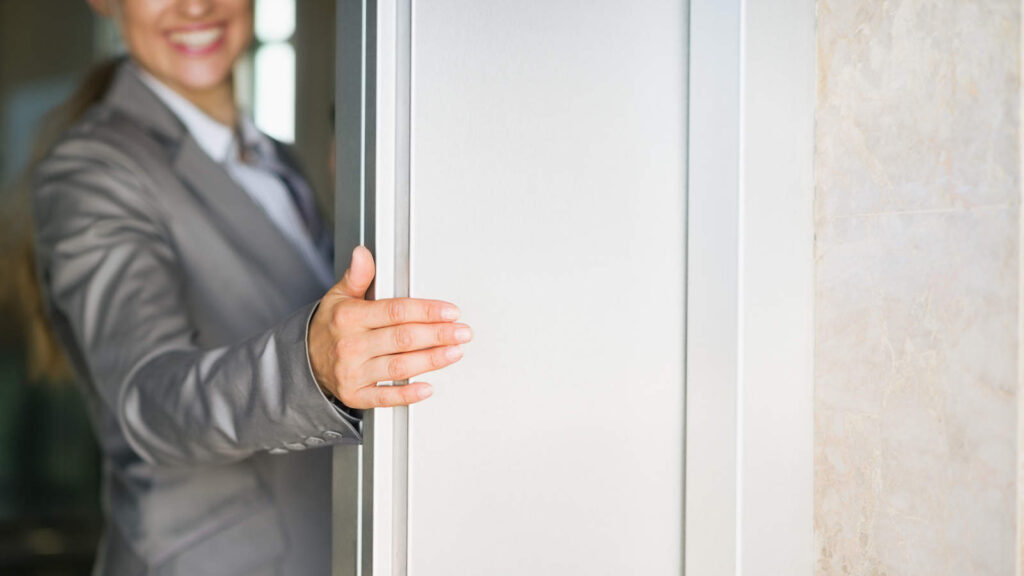
Failing to hold the door for someone coming behind you can come off as thoughtless, especially if it results in the door closing on them. It’s a simple act of courtesy that can make a big difference in someone’s day, reflecting on your awareness and kindness.
20. Taking Up Too Much Space on Public Transportation
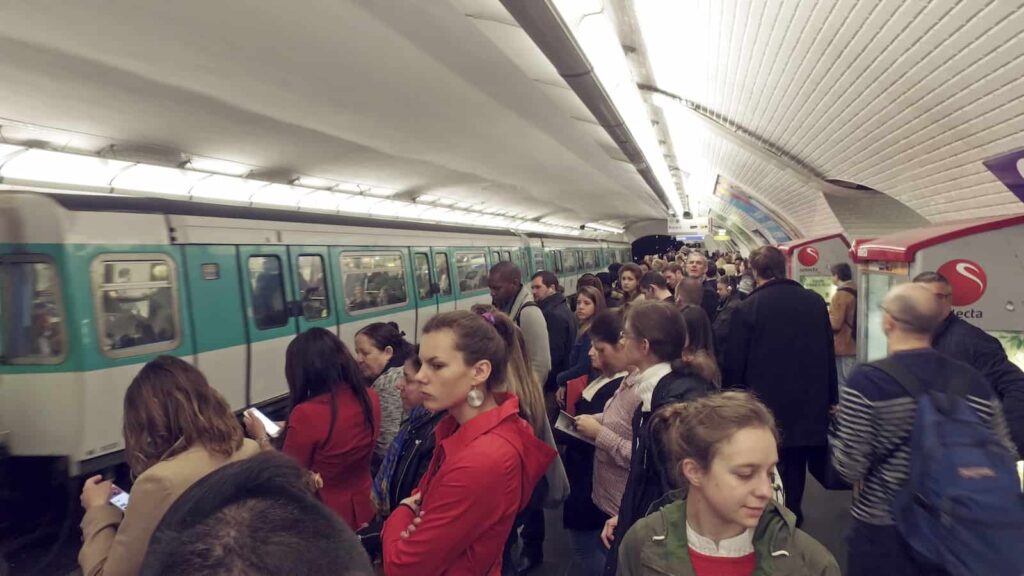
Spreading out on public transportation, especially when it’s crowded, can make it uncomfortable or difficult for others to find a spot. Being considerate of shared spaces shows respect for fellow passengers, making the journey more pleasant for everyone.
21. Making Plans in Front of People Who Aren’t Included

Discussing plans in front of people who aren’t invited can make them feel left out or undervalued. It’s an oversight that can easily hurt feelings, creating an awkward and uncomfortable situation. Being mindful of your audience when talking about upcoming events can prevent unintentional exclusion.
22. Asking Personal Questions in Inappropriate Settings

Inquiring about sensitive or private matters in settings that lack privacy or context can put people on the spot and make them feel exposed. It’s important to gauge the appropriateness of your questions based on your relationship with the person and the environment you’re in.
23. Forgetting or Mispronouncing Someone’s Name Repeatedly
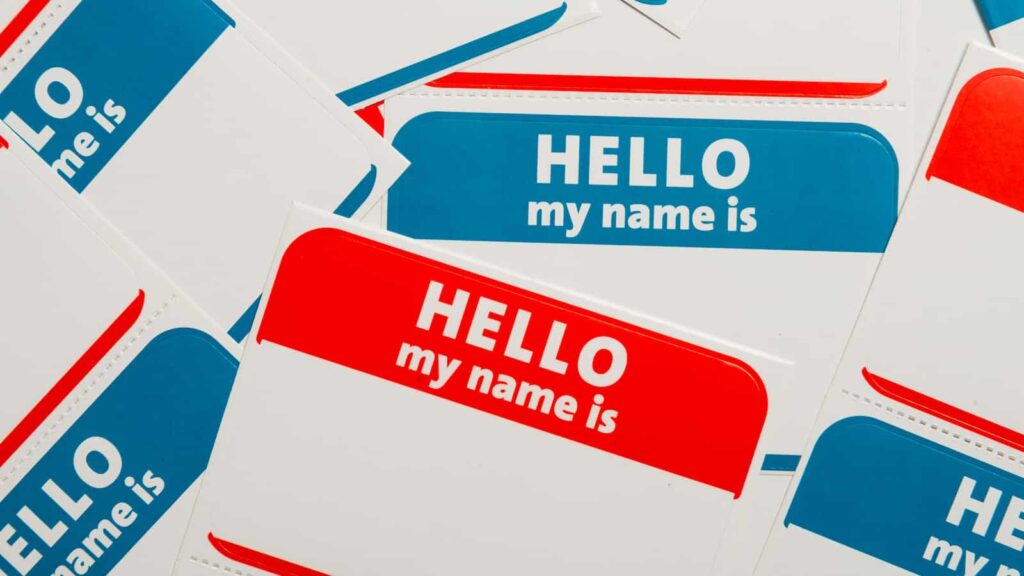
Continually forgetting or mispronouncing someone’s name can come off as careless or as if you’re not making an effort to acknowledge them properly. It’s a small detail that means a lot to people, as it’s tied to their identity and how they’re perceived.
24. Not Listening Actively and Showing Interest in Conversations
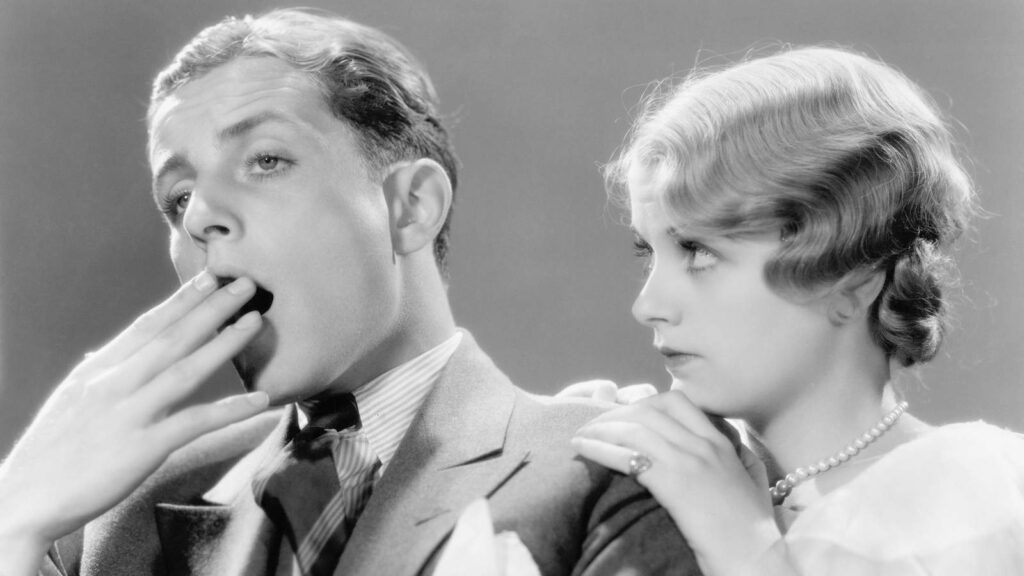
Failing to listen actively or show genuine interest in what someone is saying can make them feel undervalued. Active listening involves engaging with the speaker, asking questions, and showing empathy, which fosters a deeper connection and mutual respect.
25. Invading Someone’s Personal Space
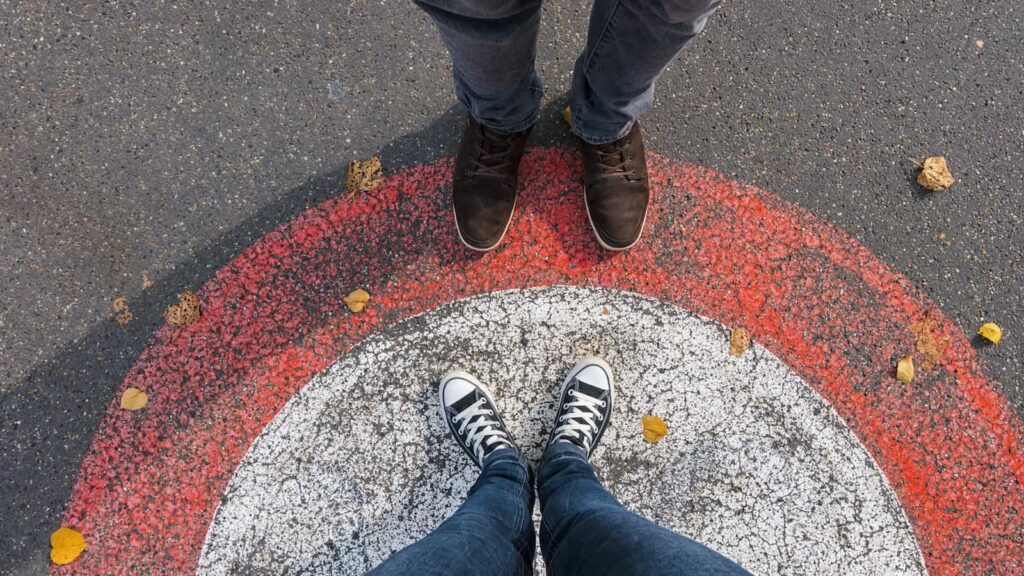
Encroaching on someone’s personal space without their consent can be uncomfortable and imposing. Personal space varies between cultures and individuals, so it’s important to be aware of and respect others’ boundaries to avoid making them feel uneasy.
26. Not Cleaning Up After Yourself in Public Areas

Leaving your trash or mess behind in public spaces is not only rude but also disrespectful to others who use the space and to those who have to clean up after you. Taking responsibility for your own mess is a basic aspect of respecting shared environments and the community.
27. Being Overly Critical or Negative Frequently
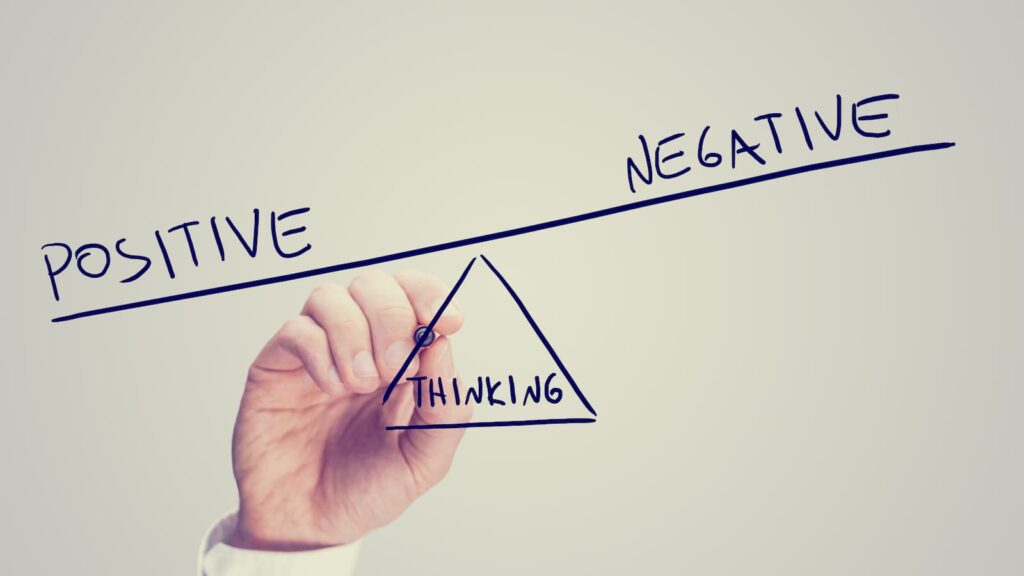
Constant criticism or negativity can drain the energy of those around you and make interactions feel hostile or unwelcoming. While it’s important to express genuine concerns or opinions, balancing them with positive feedback and encouragement can create a more supportive and pleasant atmosphere.
More From BeRightBack

We are Mary and Eric, the founders of Be Right Back, a blog dedicated to romance around the globe and at home.
We are Mary and Eric, the founders of Be Right Back, a blog dedicated to romance around the globe and at home. With over 10 years of experience in dating and traveling to romantic places, we share our favorite date ideas and romantic destinations to help couples level up their relationships. Having lived in and traveled through the USA, we also share our favourite things to do in the States.
With 70,000 monthly readers and 16,000 followers on social media, Be Right Back is your go-to resource for romantic trip ideas and couple activities at home and abroad.
